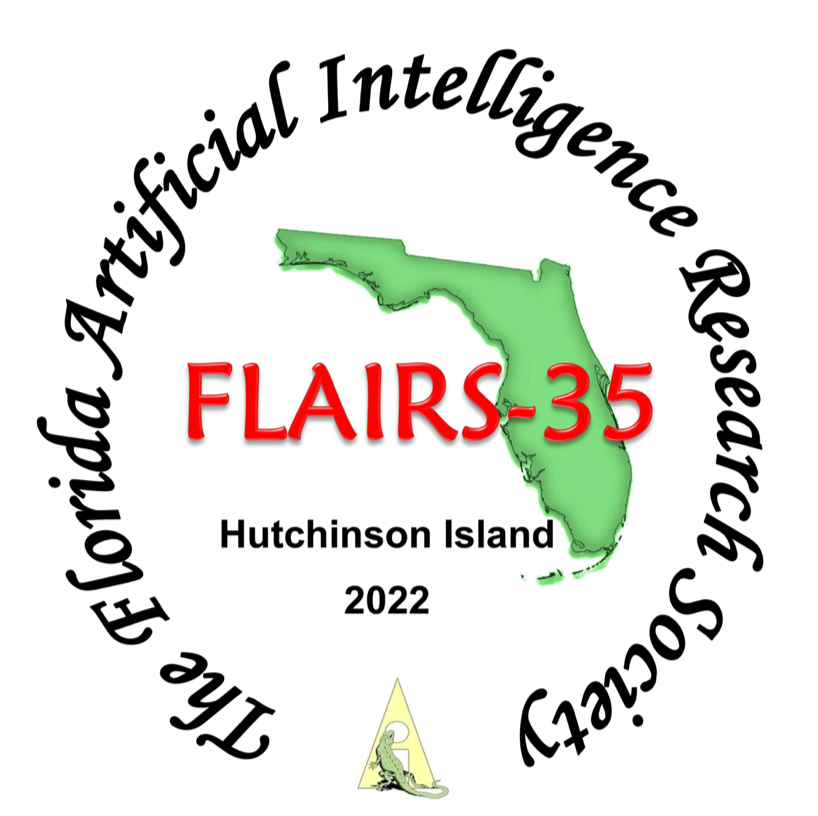Review of the Validity and Rationality of Artificial Intelligence Regulation
Application of the EU's AI Regulation Bill to Accidents Caused by Artificial Intelligence
##plugins.pubIds.doi.readerDisplayName##:
https://doi.org/10.32473/flairs.v35i.130713关键词:
Eugene Lim(First Author) Hyesung Park(Co-author) Beopyeon Kim(Corresponding Author)摘要
The ‘risk of artificial intelligence technology and services' is a long-standing debate. Such discussion is being raised and sparked whenever incidents that prove the dangers of Artificial Intelligence occur. Recently, the argument that legal control and regulatory measures for artificial intelligence technologies and services is necessary to control risks is gaining strength. In the midst of this, the EU proposed "Proposal for a Regulation laying down harmonized rules on artificial intelligence: Artificial Intelligence Act" in April 2021 and materialized the regulatory discussion on artificial intelligence.
Public opinion is that legal control over artificial intelligence technology is needed. However, no one has found the answer to what method and content it would be reasonable to approach. From such a perspective, it is unclear how effectively and effectively various regulatory laws, including the EU, will be able to control the risks of artificial intelligence. Since regulation on artificial intelligence can act as an obstacle to the development of AI technology and industry, implementation of regulation in a stage where the possibility of control, the effect of the law, and the subject and scope of the regulation are not clear, should be approached deliberately. Therefore, reviewing whether regulatory measures can achieve the legal effect reasonably motivated by and control the risks of artificial intelligence is necessary. In this context, this paper applies the EU's AI regulatory legislation to cases such as accidents or incidents that emerged as social problems by AI, and analyzes whether the legislative regulatory measures of AI are valid and effective. Furthermore, the prerequisites for ensuring that the legislation of artificial intelligence regulation is reasonable and valid are also presented.
##submission.downloads##
已出版
##submission.howToCite##
期
栏目
##submission.license##
##submission.copyrightStatement##
##submission.license.cc.by-nc4.footer##

